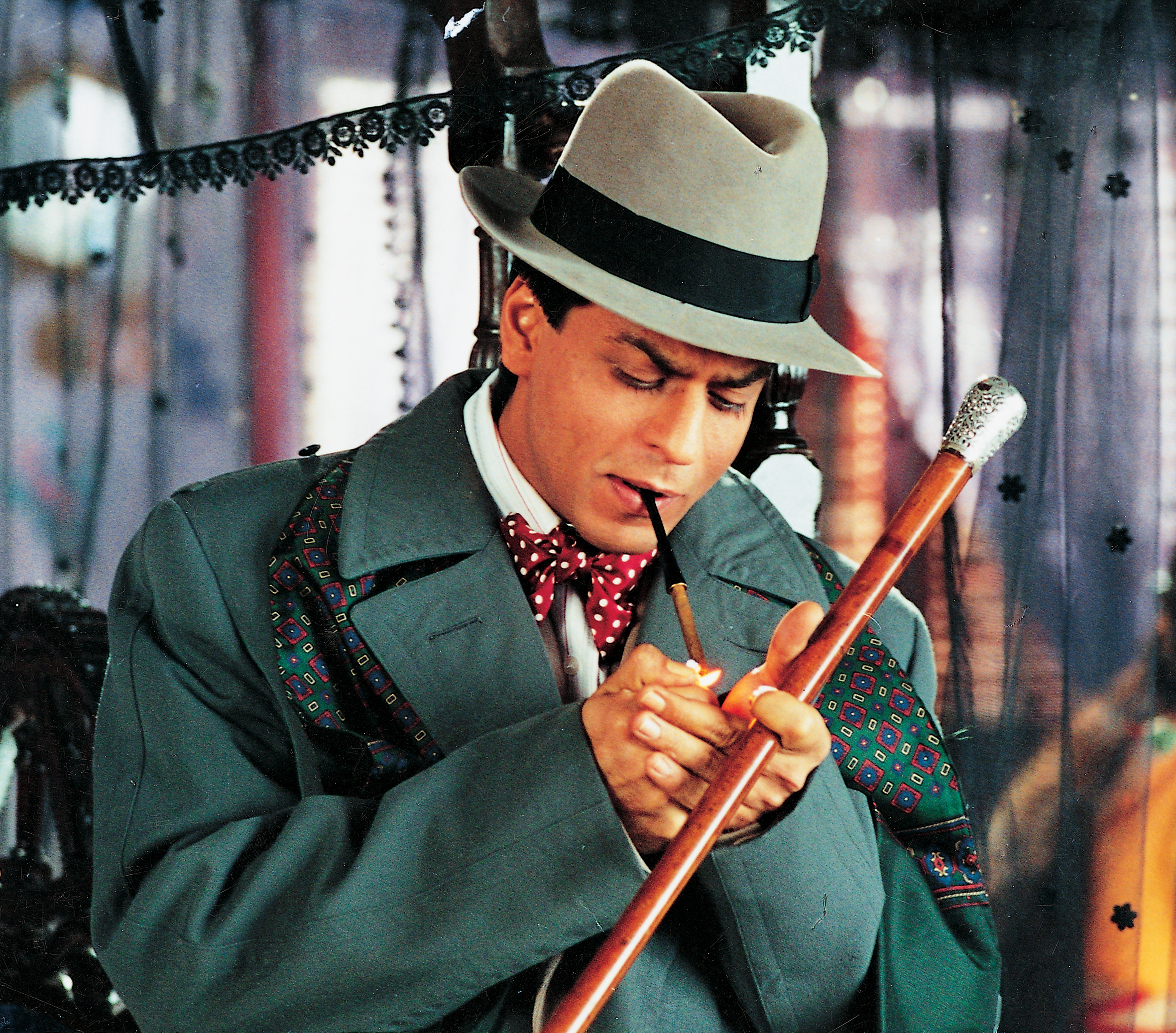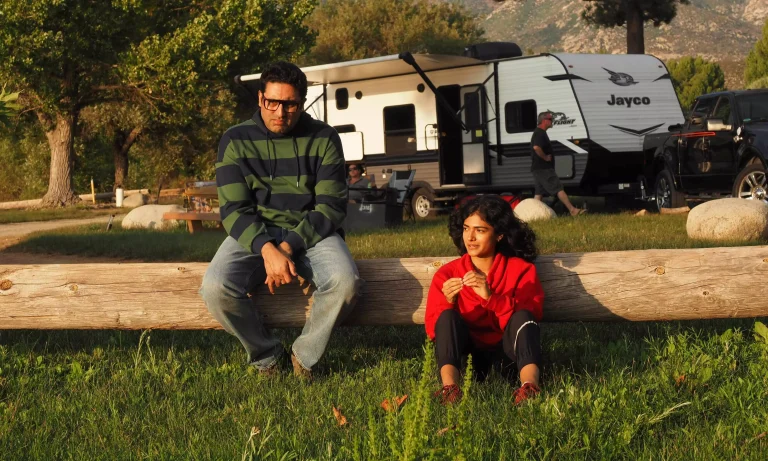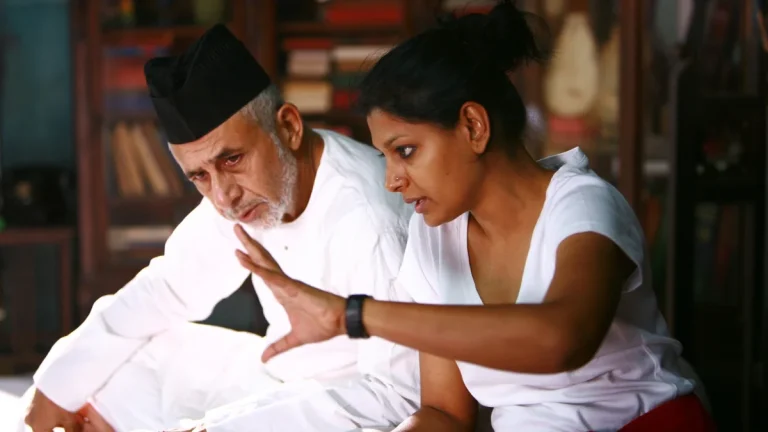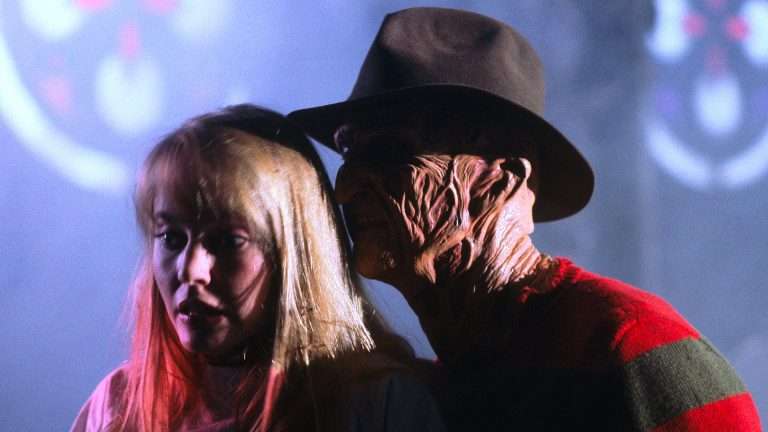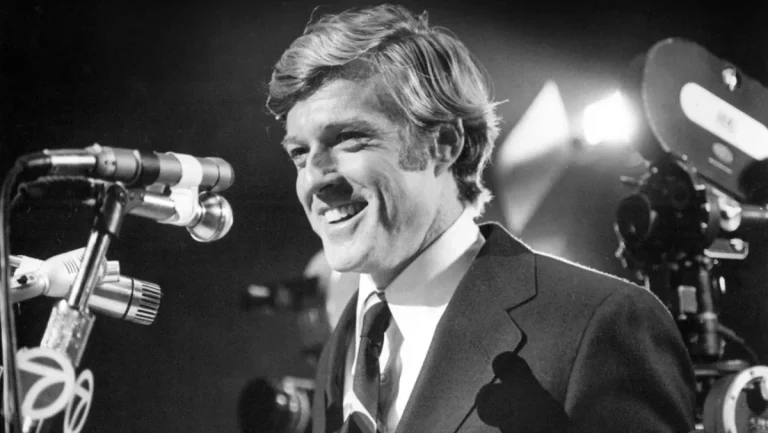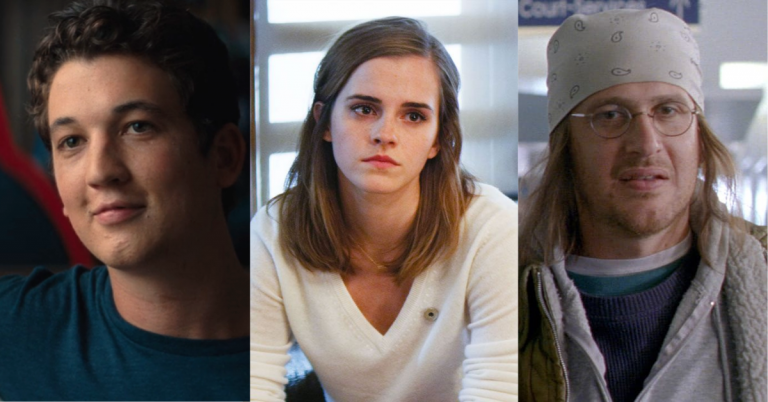Rahul- Naam toh suna hoga? It was a classic line of the actor, as he had often been called Rahul in his early career. This changed later, but the line from 1997’s Dil To Pagal Hai stuck and remains relevant almost a quarter of a century later. Why? Shah Rukh Khan remains relevant to this day thanks to his body of work and undeniable charm that has seen detractors accuse him of playing the same character in most of his films.
Many actors have arrived in Bollywood, made waves, and departed. While they didn’t leave the scene entirely, their star persona faded, with nostalgia becoming their biggest USP. SRK is one of them who didn’t fade. After announcing his arrival in B-Town with a supporting role in Deewana, the actor, who made his name with a TV show, understood that acting was what would help him earn a foothold in the field. Even at the risk of being typecast, he accepted negative/villainous/anti-hero roles at the nascent stage of his career. Many young fans may not even be aware that the ‘Baadshah of Bollywood’ played an antagonist in the early 90s. These allowed him to display his skill and earn the attention of producers and the audience. And then came Dilwale Dulhania Le Jayenge- a film still running in cinemas almost 28 years after its premiere.
Was he typecast based on his villainous roles? Actually, no, he wasn’t. Instead, he was typecast as a romantic hero.
Even though that happened, he played the role of an NRI, an actor, a robot, a warrior prince, an iconic character popularized by an Angry Young Man, a dwarf, a tour guide, a soldier, a ghost, a master thief, and many more.
Some audiences would love to see him as a pure antagonist again; others may wish to see him play age-appropriate characters.
Fans wish to see him because he allows himself to play a role instead of letting his superstar aura dominate the screen. This sentence may perturb some cinephiles, but in a 30-year career, there are some films where SRK’s acting chops are on full display with his spontaneous reactions to the situation or the co-stars’ actions/dialogues. In some roles, he remains an actor playing a common man rather than a superstar, superseding the typical real-life character he must essay.
Here are 10 SRK performances. These have been picked over some feel-good films where SRK was just himself and not someone else.
Fan (2016)
There was quite a unique concept behind this film. It saw Shah Rukh Khan play a fictional superstar, thereby allowing Baadshah to be himself on the screen. However, the reason it made its way into my list is the presence of the dual role. These two polar opposite characters from two different worlds saw King Khan effortlessly weave in and out of the skin of each character.
One was that of, well, himself. Aryan Khanna was just a screen name for Shah Rukh Khan as his reel character waved to the masses from Mannat. Besides being himself, he portrayed the lovable look alike. Akin to a chameleon, SRK inhabited both roles and exhibited different emotions, different looks, and a fanatical, deranged look. What helps the Fan shine is that he has scenes where you will remember the times you tried to imitate your favorite actor’s scenes. The star plays the character who is trying to imitate the character that is loosely based around him. Just wow!
Mohabbatein (2000)
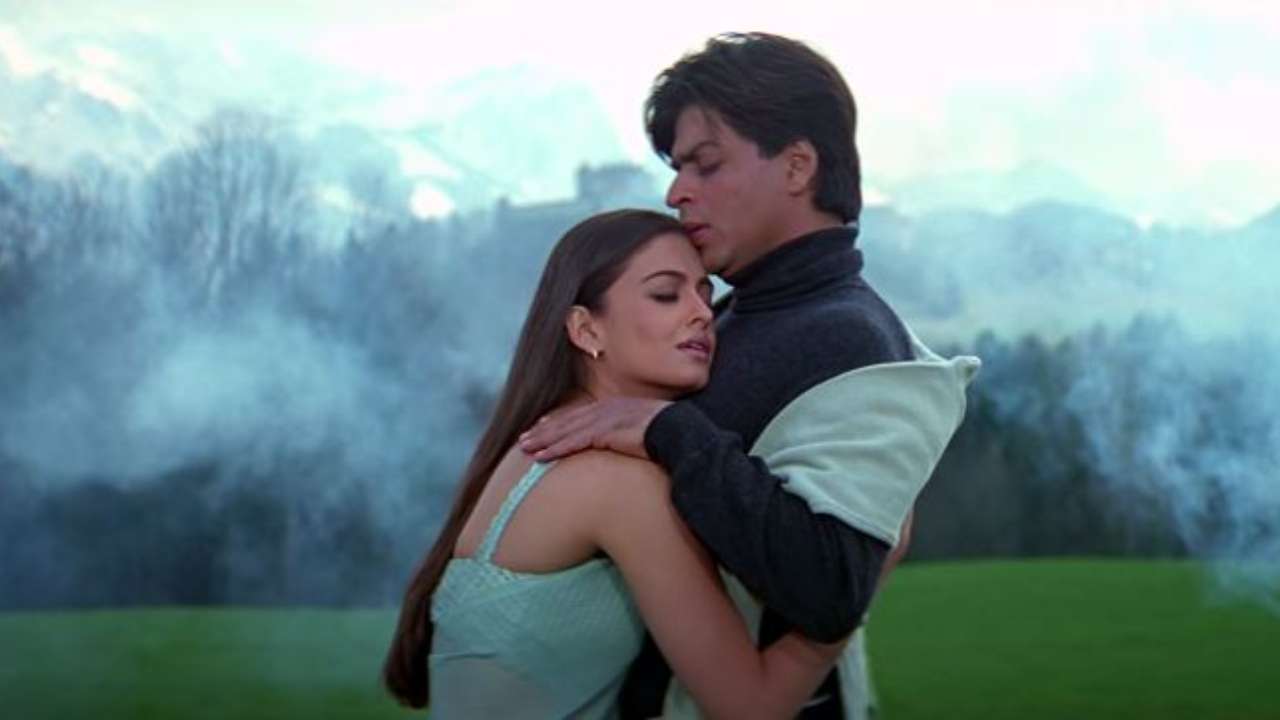
“Mohabbat ki takat toh aapne abhi dekhi hi nahi. Mohabbat agar chaahein toh ek patte ke sahare aapke pure eemarat ki eet ko hila kar rakh de”
This line allowed Shah Rukh Khan to show the world that he could share the screen and not be dominated by a senior actor. Initially, the blowing winds and Big B standing there were purely commanding, but Raj Aryan’s simple line stood out. The reply from Shankar said that he would love to see such power. In Mohabbatein, audiences saw it on a screen with a beautiful turn where SRK played a music teacher.
Billed as the Bollywood re-imagination of the classic Dead Poets Society, Mohabbatein featured Shah Rukh Khan sharing the screen with Amitabh Bachchan for the first time. The presence of two stars, one from the 70s and 80s and his replacement in the 90s, was a sight to behold.
Khan’s character as a music teacher appeared relatively late in the film. He taught the students of Gurukul and inspired them to live in the moment. This fell afoul of the headmaster as he saw these actions go against the “Parampara Pratishtha Anushasan.”
The look on his face as he sits on his knees and is asked to disown his teachings. As he walked away, the headmaster took a parting shot, which saw Raj Aryan’s dejected look give way to a repulsive stare as he revealed why he returned to the Gurukul. The speech, the passionate violin playing as he got lost in the music, and the way in which he could live up to the script’s demands and be a formidable opponent to Narayan Shankar are what make this role memorable.
Devdas (2002)
Many actors have played the role of the Devdas in numerous adaptations of Sarat Chandra Chattopadhyay’s story. In Sanjay Leela Bhansali’s retelling of this tragedy, Shah Rukh Khan portrays the titular role of a suave London law graduate who later becomes a coarse drunken wreck.
Bhansali provided Paro and Chandramukhi with the songs. But watching Devdas’ descent into madness as he turns to a life of alcohol is seen by some as over the top. Isn’t that what happens when people lose control of their senses due to the liquor? An actor needs to be in control of their senses, but this role demands that alcohol take control, and Devdas appears disoriented and speaks slurredly. Khan achieved this control with a complete lack of control as his gait, his speech, and his expressions provided everything audiences needed to know (even if they hadn’t followed the film up till that point) that his senses were firmly in the clutches of alcohol.
Dil Se… (1998)
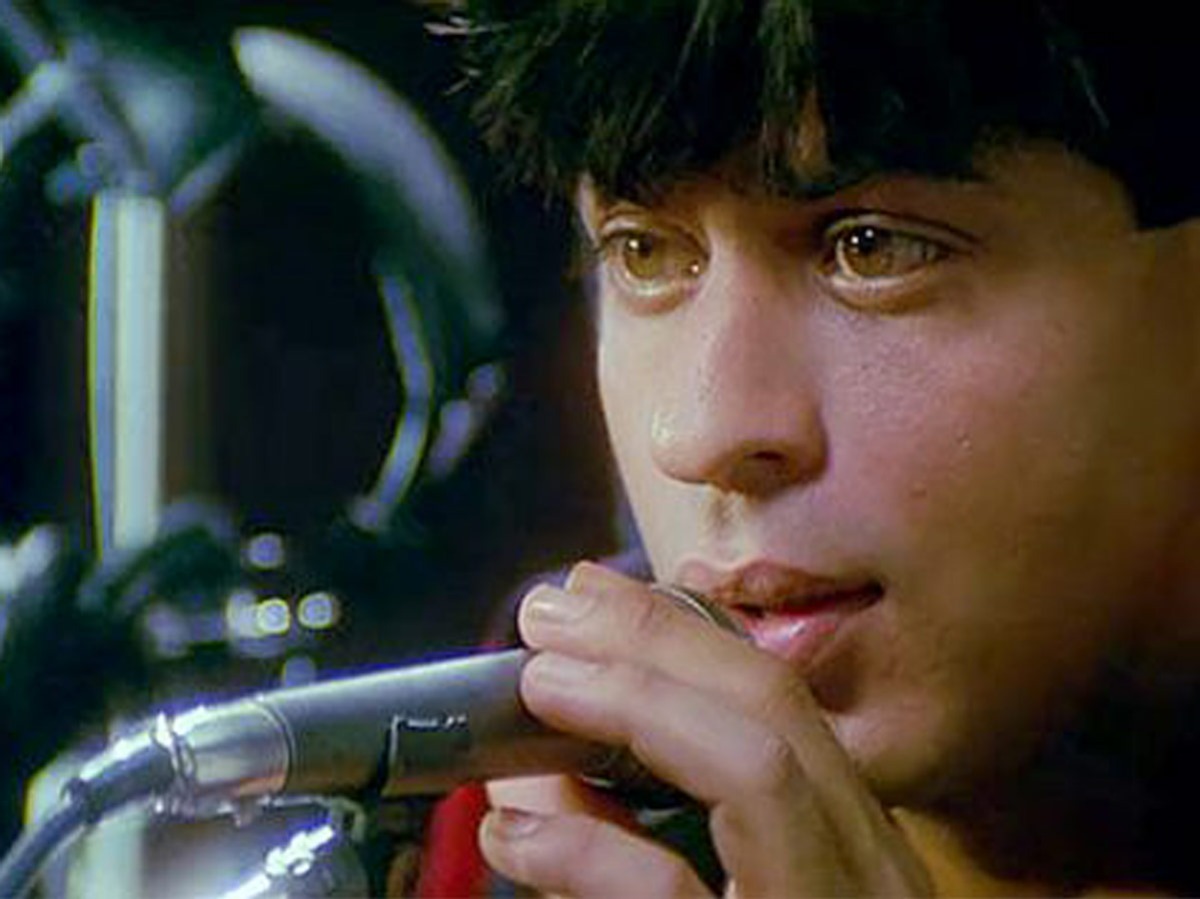
This entry would be viewed as quite surprising because Manisha Koirala had the more memorable role. It may also seem surprising as audiences would remember SRK’s turn in Kuch Kuch Hota Hai, released in the same year and clinched the awards.
However, this role featured more acting, making it a spot on this list. In Dil Se… Shah Rukh Khan plays the role of Amarkanth Varma. He is a journalist for Aakashvaani (All India Radio), who gets sent on an assignment to the state of Assam and to Leh. While on these assignments, he spots a woman who catches his attention. She proves to be an enigma, and SRK is desperate to know her and fall in love with her. Khan’s depiction of Varma’s attraction to Moina, progressing to love and obsession or vice versa over the film, successfully holds this film together. The way he craves her changes as the story progresses from east to north to center.
Some scenes that stood out for me were when he recounts his first meeting with Moina on air. Another memorable scene is when he shakes Moina and tells her he is fed up with the lies.
With turns as a romantic hero in Dilwale Dulhania le Jayenge, Dil to Paagal Hai, and Kuch Kuch Hota Hai, SRK has established himself as a superstar. However, it was admirable that he consented to play a role that would have him beaten up in the jungles of Assam and the streets of Delhi. The beatings were one-sided and saw him absorb his fair share of punishment akin to an extra or a standard villain. As he didn’t have the moments of super strength through one glance, I liked it as he proved that the superstar’s role is far more important than the superstar’s image.
Chak De! India (2007)
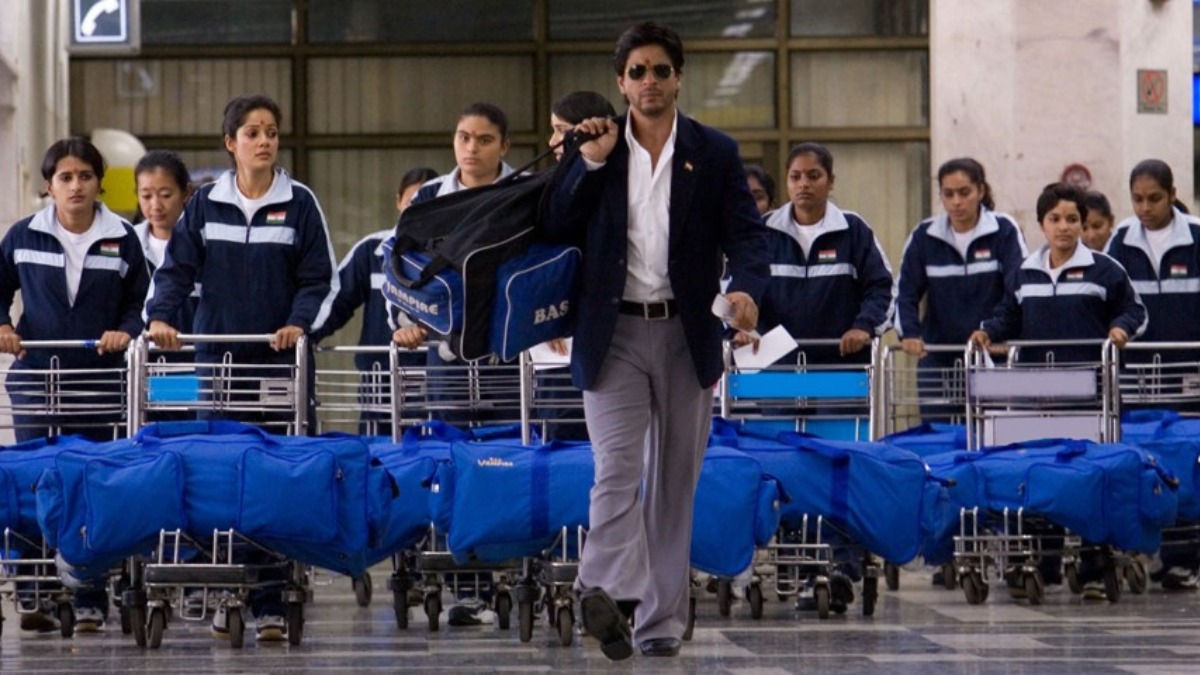
This is another film in the list that didn’t feature any established co-star. It came right on the heels of films like Kabhi Alvida Naa Kehna, and Main Hoon Na, which had Khan playing the same type of character. While audiences lapped those roles up and would gladly love to see King Khan return to any such role, no one would diss his turn as coach Kabir Khan.
After disappearing for seven years, he returns to the sports world for a chance to right a wrong and regain the respect of the masses. His ticket to redemption is to be the coach of the Indian National Women’s Hockey Team. SRK oozes authority and commands right from the start itself when he removes potential players from the line-up and explains his actions with-“Mujhe states ke naam na dikhai dete na sunai dete, sirf ek mulk ka naam sunai deta hai. INDIA!”
The authority stems from a deep need to prove himself to the world and to his country, allowing patriotism to shine. It also could be seen as him tapping into the reality of failure experienced by coach Kabir instead and presenting a natural reaction to the story progression rather than demanding a moment for him to shine as an individual with a superstar moment. The lack of that, and moments like the “Sattar minute” speech, make this absolutely memorable.
Swades (2004)
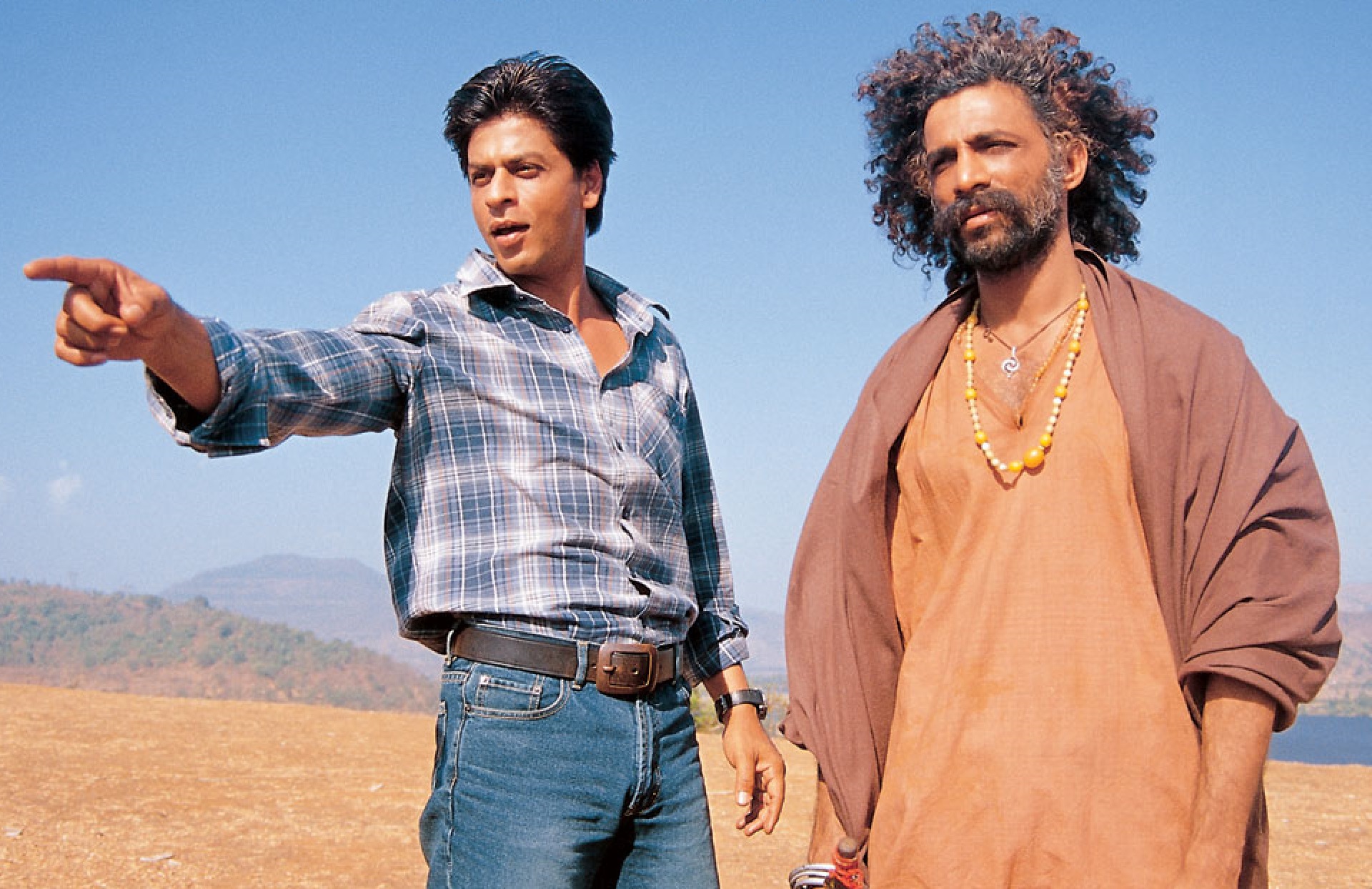
This role saw SRK play an NRI named Mohan Bhargav. He was motivated to return to India to find his nanny and get her to the USA to live comfortably with him. However, the trip home opens his eyes to the realities of things on the ground. Audiences watched the film for SRK and, using him as a vehicle, Ashutosh Gowariker opened the urban masses’ eyes to the untapped potential and realities of the country.
Shah Rukh Khan shed his charm and charisma and successfully became one of the inhabitants of Charanpur for a large part of the film. One scene allowed him the chance to become the superstar he is and show off his signature pose. This came in the song Yeh Tara Woh Tara, where the superstar performed his arms stretched out in the middle of the dance routine.
However, for the rest of the movie, audiences experience his pain when he sees the caste system. They saw him experience India beyond the metros and push for the development of ideas and technology. Particular moments that stood out for me were the sadness SRK tapped into to make his eyes go watery and red as he remembered ‘Kaveri.’ Another scene-stealing moment was his expression after listening to Haridas’ story of the freedom struggle when he visited the local school.
Kabhi Haan Kabhi Naa (1994)
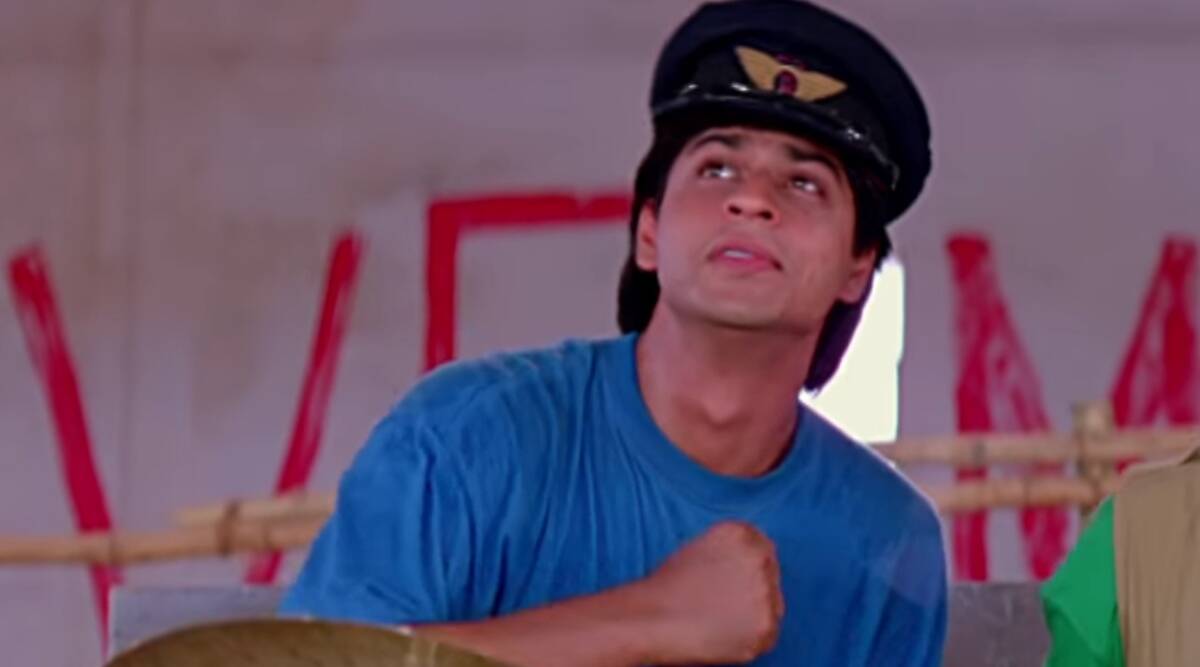
Watching this movie in 2023 will be quite a trip down memory lane with names like Naseeruddin Shah, Satish Shah, Ashutosh Gowariker, and more featuring in prominent roles. However, the life and soul of the film is Shah Rukh Khan’s character of Sunil. He plays an early 20s adult who is an aspiring musician. The Indian element is tossed in as his academic performance is a significant subject of discussion. His passing is a primary requirement, or he must work as a mechanic in the family business.
This is one film that allowed audiences to witness Shah Rukh Khan in a non-negative role and successfully break out of any potential typecast. The guy could play the film’s hero as well.
Some memorable sequences from this film as the dream scenes where dialogue is absent. It comes like a scene from the silent era, with expressions doing their all to convey his character’s thoughts to the audience. Further scenes that stand out and highlight the man’s ability to pull off different emotions of a character come from the one where he meets Anna at the station. His unforced childlike excitement allows audiences to buy into his actions throughout Kabhi Haan Kabhi Naa successfully. These include climbing through the window, spreading rumors about Anna to Chris, and the song ‘Anna Mere Pyaar Ko’.
This film earned SRK a Filmfare nomination for Best Actor and a win in the Filmfare Critics Best Actor category. A perplexing fact is that the nomination and win for the same role came in different years.
Darr (1993)

While most Bollywood actors were hesitant about an image a particular role would create, Shah Rukh Khan seemed unbothered by it. This worked in his favor as the acting made him stand out and leap from being the villain to the hero. One of the negative roles that helped him achieve stardom was in the Yash Chopra film Darr: A Violent Love Story.
Shah Rukh Khan played Rahul, a young man with seemingly no constructive purpose in life. His mission was to stalk an old college mate (Kiran) and make her his own. He portrayed an obsessive, psychotic lover with a violent streak. Such was his crazed look of fury that one believed he would stop at nothing. The young actor brought in layers to this role that would convince some that he was just deluded as he had one-sided telephonic conversations with his mother.
Moreover, Khan’s transformation to a kind-hearted soul who wouldn’t hurt a fly as he expressed concern for Kiran in a dream sequence and in a few spells on the boat reinforced the perspective of a self-convinced obsessive lover. The emotional kaleidoscope on SRK’s face (his eyes in particular) will not allow this role to fade. Why? Because his actions, his crazed look of fury, and his obsessive focus on Kiran allowed audiences to buy into the moments that showcased that Rahul was someone who would stop at nothing.
What else made this role so memorable? Udit Narayan. When the hit song ‘Jaadu Teri Nazar’ played, anyone would believe it was the hero’s introduction.
SRK’S attire and mannerisms formed a template for psychotic stalkers in Bollywood and Indian daily soaps.
My Name is Khan (2010)

Shah Rukh Khan teamed up with the Karan Johar and Kajol duo for the first time since 2001’s Kabhi Khushi Kabhi Gham. In this 2010 film centered around the 9/11 attacks and the anti-communal aftermath, SRK, who played Rizwan Khan, enthralled audiences with one of his finest performances. Noted author Paulo Coelho came up with a statement claiming that the Bollywood superstar should have clinched the Oscar for that year had there been no bias.
The performance was indeed remarkable, with his character’s condition seeming so natural. Upon reading about autism, audiences would see the pattern of repetitive behavior, the difficulties in eye contact and consequent issues with communication, and the childlike innocence in Khan’s performance. The latter issues are what allow the story to proceed and see Rizwan Khan go on a journey across the nation to obey his wife and win her back.
Audiences may come to watch this for the A-lister. But in My Name is Khan, they will witness a superstar playing an ordinary man looking to pull off a herculean undertaking. In this film, SRK holds up the banner ‘Repair Almost Anything,’ and after watching this performance, cinephiles can say this man can ‘Play Almost Anything(role).’
Baazigar (1993)
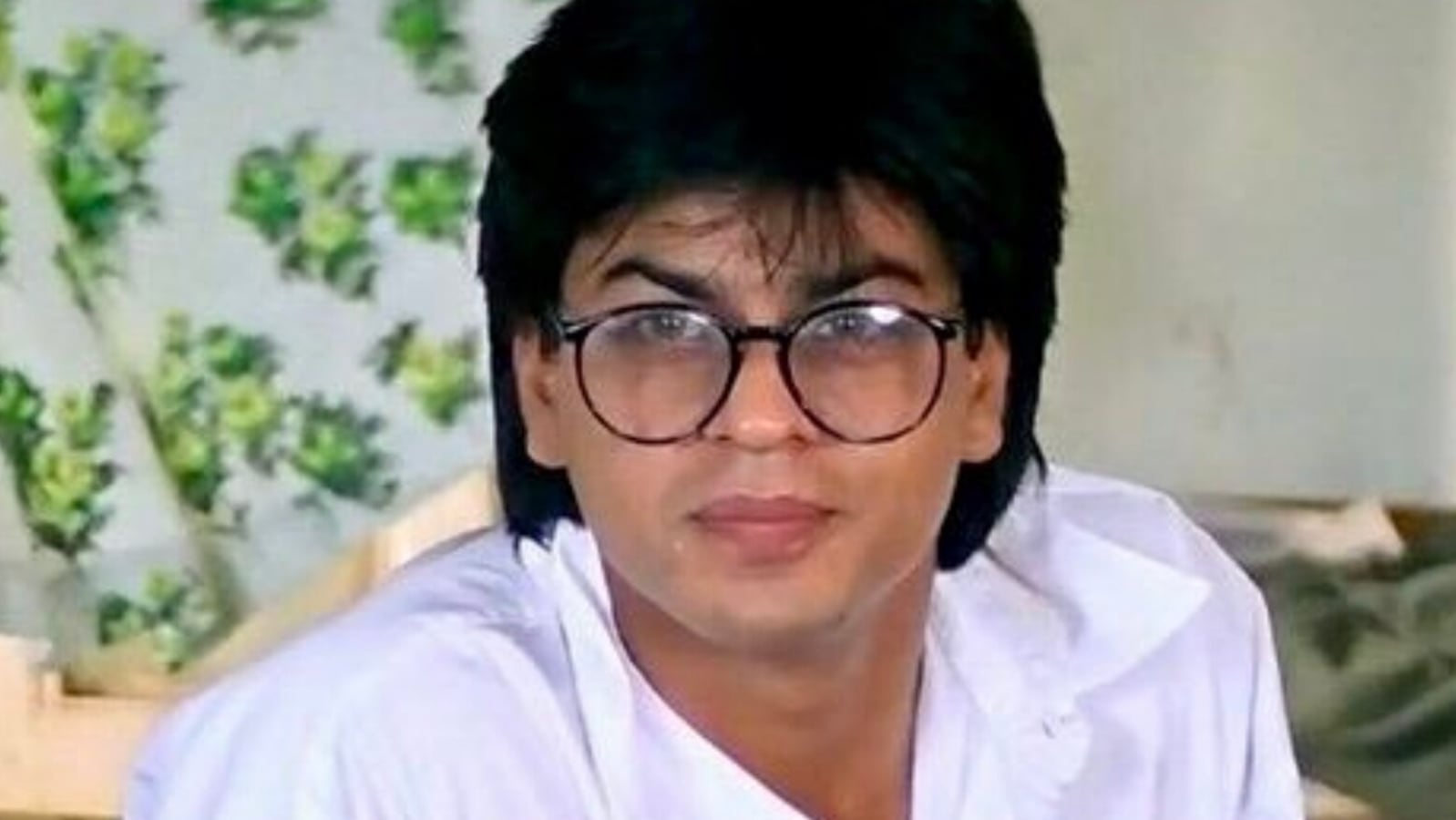
Initially, I believed this was Shah Rukh Khan’s debut in Bollywood. Perhaps it was because I believed he arrived as a superstar, and his first big role was also his debut. SRK had graced screens in Deewana and Chamatkar, but this film saw him earn a foothold in Bollywood. Khan played the role of Vicky Malhotra/ Ajay Sharma. An anti-hero, he spent his life planning and plotting a way to get back at the man who wronged his family and avenge his father’s and little sister’s deaths.
Shah Rukh Khan appeared like the shy and goofy Bollywood hero in the first hour, but the transformation seemed chilling. The scene where he is with Shilpa Shetty’s Seema on a building terrace has him uttering the line, “Mai tumhe azaad kar raha hoon.” In a swift motion, he sends her plummeting to her death, thereby completing his transformation. He made audiences believe in him as a lover, and his chilling turn as a killer was even better. When audiences saw him arrive with Pooja, the concern on his face allowed the world to glimpse the true talent that had entered B-town.
The malice, rage, and remorselessness with which he proceeds on a murderous spree, coupled with the tension, is what makes this role memorable. Remember the eye movements when Madan Chopra first invited Vicky Malhotra to his office and informed him that he had understood his game? Factor in the smug satisfaction at the return of the Sharma name at the buildings. Can you see the chair spinning?


